Author: jarflv
-

Shining light on night blindness
Animals renowned for their outstanding night vision include owls, cats, tarsiers (a tiny primate in Southeast Asia) — and even the dung beetle. But humans? Not so much. Over time, many people suffer from night blindness, also known as nyctalopia. This condition makes seeing in dim or dark settings difficult because your eyes cannot adjust…
-
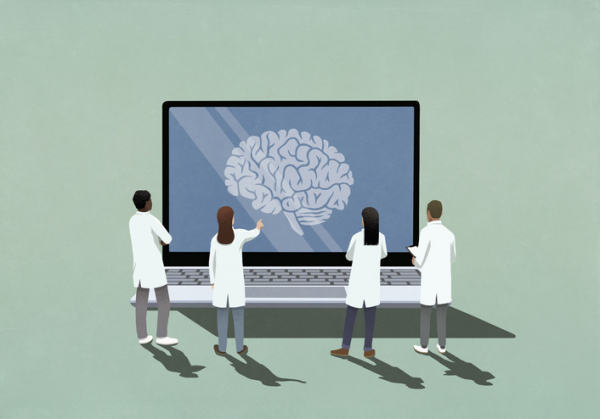
Is chronic fatigue syndrome all in your brain?
Chronic fatigue syndrome (CFS) –– or myalgic encephalomyelitis/chronic fatigue syndrome (ME/CFS), to be specific –– is an illness defined by a group of symptoms. Yet medical science always seeks objective measures that go beyond the symptoms people report. A new study from the National Institutes of Health (NIH) has performed more diverse and extensive biological…
-

Can watching sports be bad for your health?
As the new year rolls on, sports fans rejoice! You’ve had the excitement of the college football bowl games and the national championship game, the NFL playoff games are winnowing teams down to the Super Bowl contestants, and basketball and hockey seasons are in full swing. Spring training for the upcoming Major League Baseball season…
-

Stepping up activity if winter slowed you down
If you've been cocooning due to winter’s cold, who can blame you? But a lack of activity isn't good for body or mind during any season. And whether you're deep in the grip of winter or fortunate to be basking in signs of spring, today is a good day to start exercising. If you’re not…
-
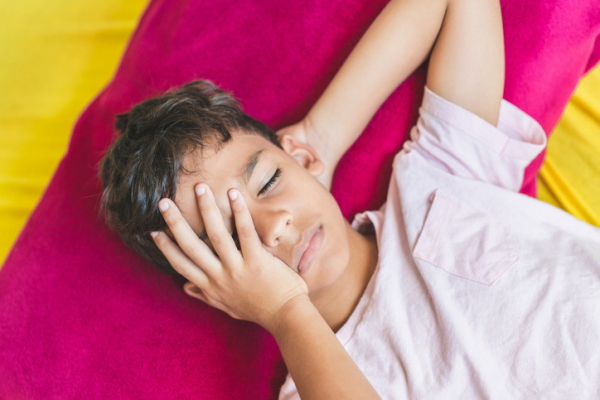
Do children get migraine headaches? What parents need to know
Headaches are very common in children and teens. In fact, more than half will suffer from headaches at some point, and by 18 years the majority of adolescents have had them. And while most headaches are part of a viral illness, some are migraines. In fact, recurring migraines affect as many as one in 10…
-

Discrimination at work is linked to high blood pressure
Experiencing discrimination in the workplace — where many adults spend one-third of their time, on average — may be harmful to your heart health. A 2023 study in the Journal of the American Heart Association found that people who reported high levels of discrimination on the job were more likely to develop high blood pressure…
-
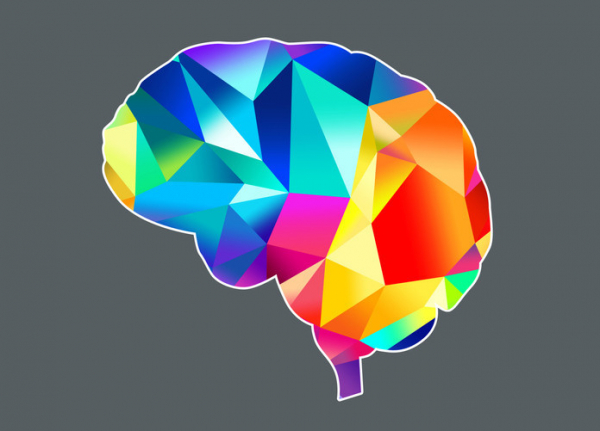
How well do you score on brain health?
Need another jolt of motivation to shore up a resolution to shed weight, sleep more soundly, boost nutrition or exercise levels, or cut back on alcohol? Then you'll be pleased to learn that any (and all) of these efforts can also add up to better brain health. An international study led by researchers at the…
-
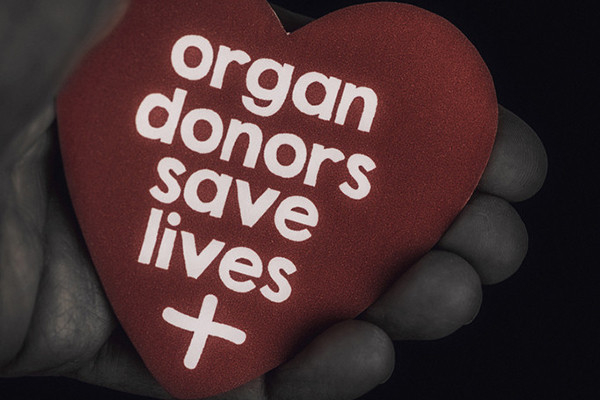
Flowers, chocolates, organ donation — are you in?
Chocolates and flowers are great gifts for Valentine’s Day. But what if the gifts we give then or throughout the year could be truly life-changing? A gift that could save a life or free someone from dialysis? You can do this. For people in need of an organ, tissue, or blood donation, a donor can…
-

New research shows little risk of infection from prostate biopsies
Infections after a prostate biopsy are rare, but they do occur. Now research shows that fewer than 2% of men develop confirmed infections after prostate biopsy, regardless of the technique used. In the United States, doctors usually thread a biopsy needle through the rectum and then into the prostate gland while watching their progress on…
-
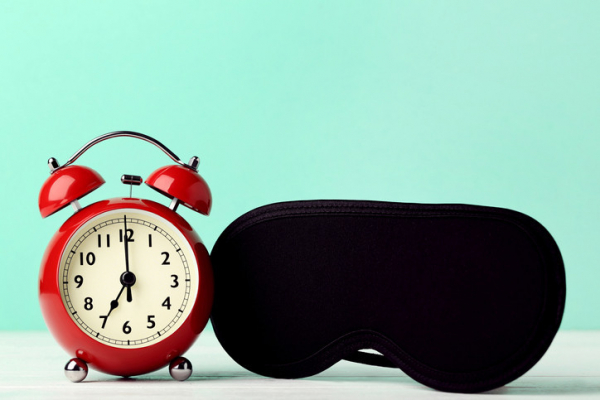
Does sleeping with an eye mask improve learning and alertness?
All of us have an internal clock that regulates our circadian rhythms, including when we sleep and when we are awake. And light is the single most important factor that helps establish when we should feel wakeful (generally during the day) and when we should feel sleepy (typically at night). So, let me ask you…